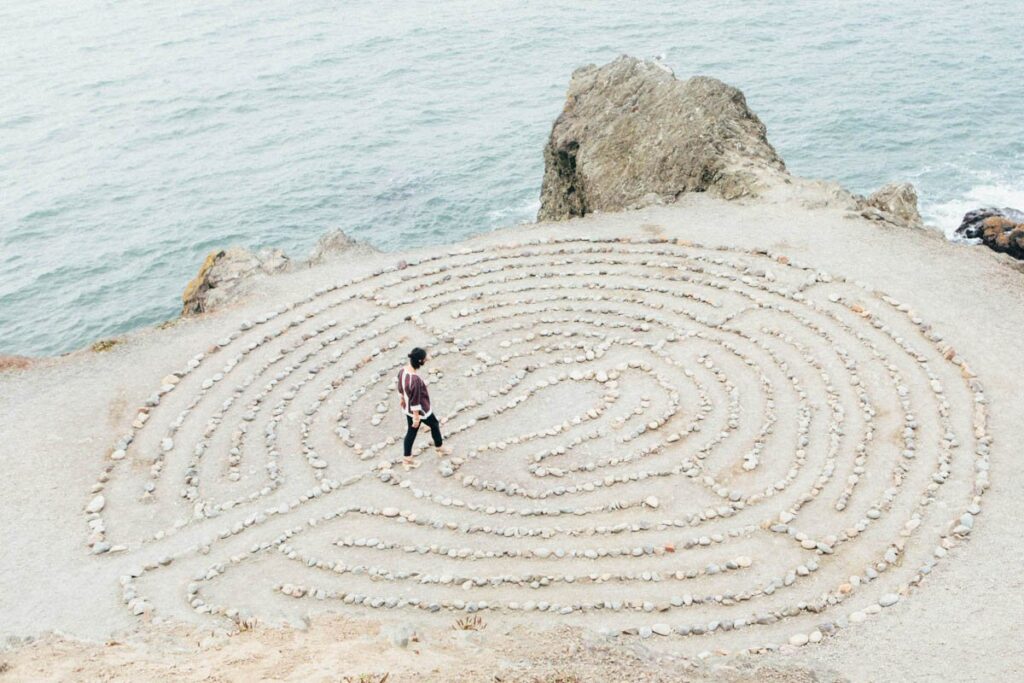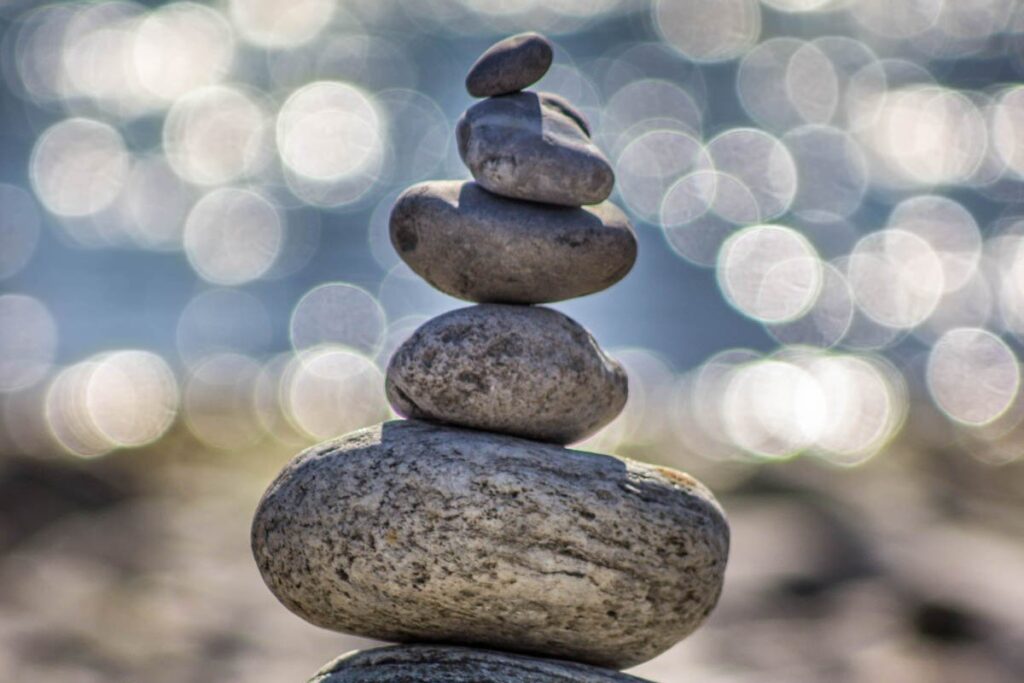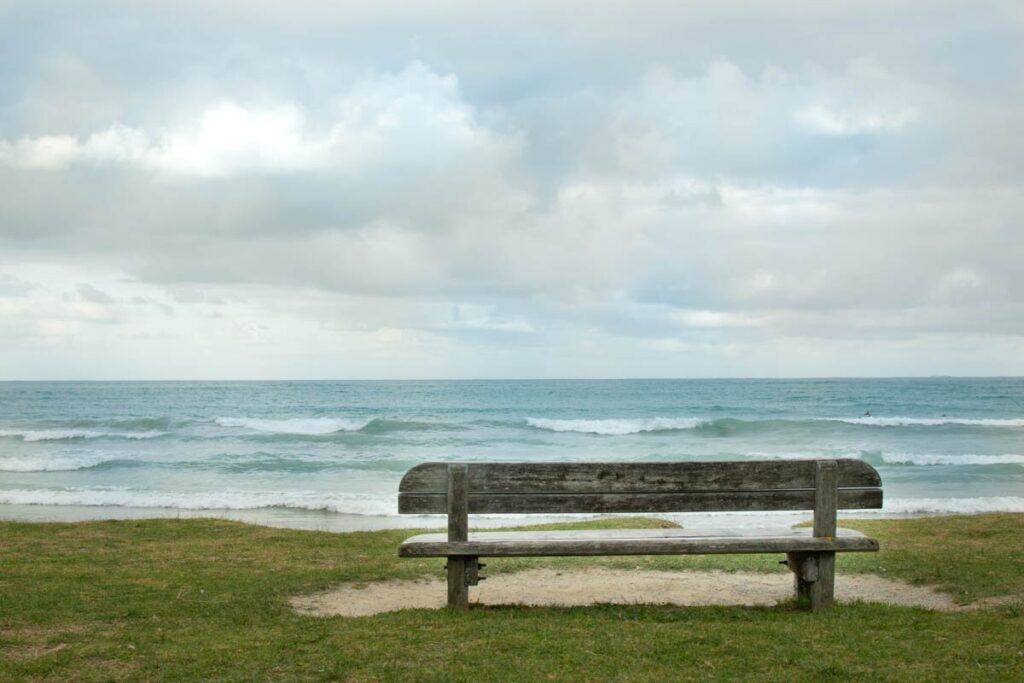Tips to Help You Heal and Make Sense of Trauma Experiences
Tips to Help You Heal and Make Sense of Trauma Experiences
If your distress and trauma reactions don’t get better, or if they become worse, you might be experiencing post-traumatic stress disorder (PTSD). If you’re worried that you might have PTSD, please see your GP in the first instance.
The following tips and advice may also help:
Try to move your body and exercise regularly
Traumatic events can trigger your internal alarm system and put you in a state of high alert. Exercise and movement can help burn off some of the adrenaline and release endorphins.
Try to exercise for 30 minutes or more, most days. It you find it easier, try 10 minutes of exercise, three times a day. Exercise can be anything that uses both your arms and legs rhythmically, such as walking, running, swimming, dancing or yoga.
While you’re moving, try to distract yourself from your thoughts and really focus on your body and how it feels to be moving. Be mindful and try to stay in the moment. Notice how it feels when your feet touch the ground and notice changes in your breathing, or how the wind feels on your skin.
Stay connected to other people
You might feel like withdrawing from people, but isolation will make things worse. Being connected to others will help you heal.
Ask for support. You don’t have to talk about the trauma but it can help to have someone to share your feelings with. Try to take part in social activities, even when you really don’t feel like it. Doing things that have nothing to do with your trauma experiences will help.
Reconnect with old friends. If you’ve distanced yourself from old relationships, try to reconnect.
Volunteer if you can. As well as connecting you to other people, it will help challenge any feelings of helplessness.
Improving how you feel
No matter how anxious, out of control or agitated you feel, it can help to know that you can learn to regulate these feelings and calm yourself. Trying these things only once will probably not be enough and you may need to try regularly, but the more you practice, the better you’ll get:
- Breath mindfully. When you feel anxious, confused or upset, mindful breathing can be a helpful way of calming yourself. Take 10 breaths where you focus your attention on each ‘out’ breath. With practice, try to increase the number of breaths.
- Sensory input. Does a specific sight, smell, taste or texture make you feel calmer? Does hearing music or holding a soft toy soothe you? Try different things to find what works best for you.
- Try to ground yourself. Sit down on a chair, grab tightly onto it as hard as you can. Dig your heels into the floor to literally ‘ground’ them. Notice the tension centred in your heels when you do that. Remind yourself that you are connected to the ground.
Carry in your pocket an object you find grounding (a small rock, a ring, fabric or piece of cloth) and that you can touch whenever you feel distressed.
Look around you and find six objects that are green. Try different colours. Notice how your breathing gets slower and calmer.
Look after your health
Keeping your body healthy will help you to cope better:
- Get plenty of sleep. Worry and fear can disturb your sleep and not getting enough sleep will make it more difficult to heal. Click here for some tips and advice on better sleep.
- Avoid alcohol and drugs. While they’re often used to survive the impact of traumatic experiences, they can make things worse in the long term. Click here for some tips on how to manage your use of alcohol or drugs.
- Eat a well-balanced diet. Eating small, well-balanced meals throughout the day will help you keep your energy up and help balance your mood.
- Reduce stress. Try relaxation techniques such as meditation, yoga, or controlled breathing exercises.
- Make sure you schedule time for activities that bring you joy, such as your favourite hobbies. Click here to find a diary that will help you keep track of your daily activities.
















